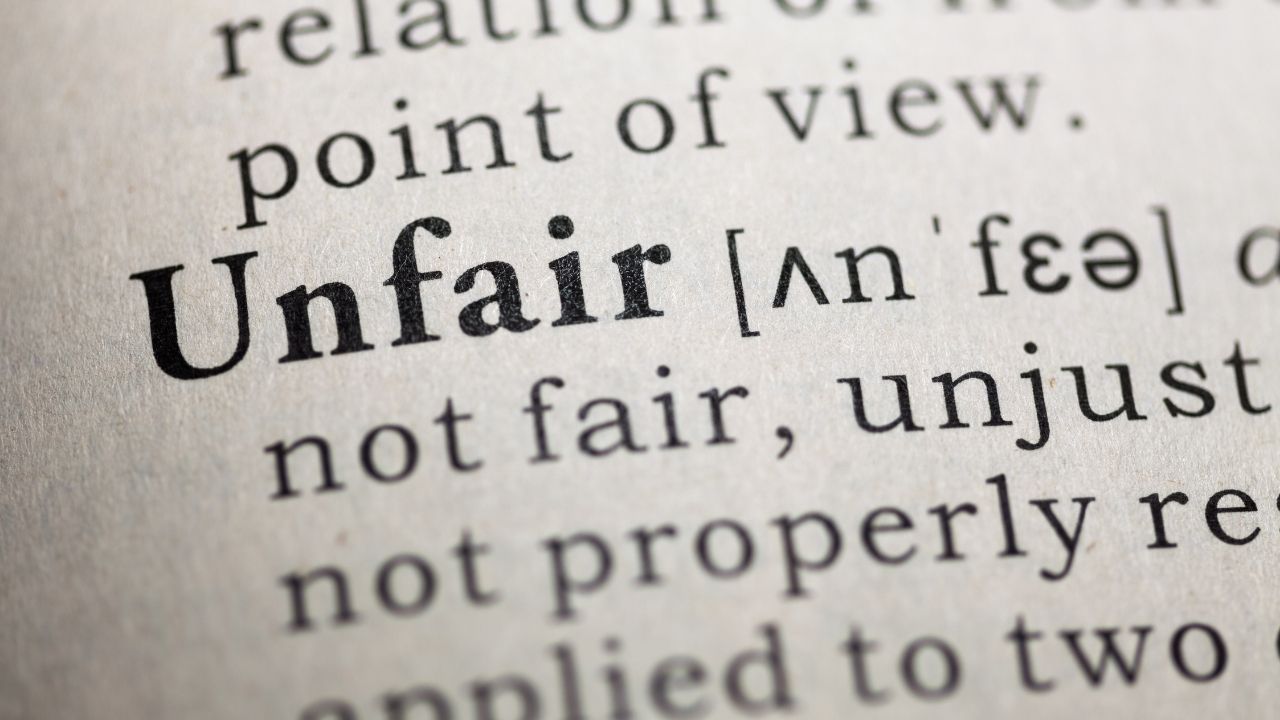In a recent decision by the Insolvency and Companies Court, ICC Judge Burton granted an unfair prejudice petition under section 994 of the Companies Act 2006, highlighting the risks of personal animosity spilling into corporate governance, particularly in quasi-partnership companies. The case, Lecaille v National Parking Enforcement Ltd [2025] EWHC 2281 (Ch), involved a bitter dispute between divorced co-founders of a parking enforcement business, underscoring how “extreme personal behaviour” can undermine mutual trust and lead to mandatory share buyouts. This alert summarizes the key facts, judgment, and implications for clients managing family or closely held companies.
Case Background
Jonathan and Julie Lecaille established National Parking Enforcement Limited in 2012 while married, each holding 50% of the shares. The company, based in Hertsmere, specializes in monitoring car parks and issuing penalties, including controversial sites like Earlham House in Norwich. Following their divorce, relations deteriorated dramatically. Mr Lecaille, the managing director, petitioned the court, alleging Ms Lecaille’s conduct unfairly prejudiced his interests as a shareholder. Ms Lecaille, responsible for compliance, debt recovery, and data protection, countered with her own petition, claiming Mr Lecaille’s actions forced her resignation and share sale.
Key allegations against Ms Lecaille included public outbursts, such as entering the office in April 2019 “screaming and shouting,” distributing emails and leaflets labeling Mr Lecaille a “narcissist” to shocked staff. She also unilaterally cancelled parking charge notices, potentially harming revenue, and withdrew £35,000 from the company’s bank account without authorization (though repaid the next day). Additionally, she rejected a favorable third-party buyout offer, which Mr Lecaille argued was motivated by spite to damage his financial interests post-divorce.
Court’s Analysis and Findings
The court recognized the company as a quasi-partnership, founded on mutual trust and confidence between the ex-spouses, akin to precedents like *O’Neill v Phillips [1999] 1 WLR 1092* and *Ebrahimi v Westbourne Galleries Ltd [1973] AC 360*. Under section 994, unfair prejudice arises where conduct is prejudicial to shareholders’ interests and unfair in the context of the company’s governance.
Judge Burton found Ms Lecaille’s “extreme personal behaviour” in the working relationship caused an irreparable breakdown in trust, impeding proper management. Her actions, including the unauthorized withdrawal and refusal of the buyout (deemed spiteful), were not mere marital discord but directly impacted corporate affairs. The court dismissed her counter-petition, noting her behavior, not Mr Lecaille’s, was the primary cause of the impasse. Citing *Re Tobian Properties Ltd [2013] BCC 98*, the judge emphasized that in small companies, personal conduct can equate to unfair prejudice if it destroys the relational foundation.
Notably, the financial misconduct was minor and rectified, but the cumulative effect of her “public outbursts” and operational interference sufficed. The court rejected arguments that such behaviour was excusable as emotional fallout, prioritizing equitable corporate standards.
Remedies Granted
The court ordered Mr Lecaille to purchase Ms Lecaille’s shares at a fair value, to be determined by an independent valuer, ensuring a clean break. No winding-up was sought, preserving the viable business. This aligns with section 996’s flexible remedies, favouring buyouts in quasi-partnerships to avoid liquidation (Grace v Biagioli [2006] BCC 85).
Implications and Practical Advice
This judgment expands the scope of section 994 of the UK’s Companies Act 2006 claims in family-run entities, where personal relationships often blur with business. It demonstrates that “extreme personal behaviour”—even non-financial—can ground petitions if it erodes trust, especially amid divorce. Courts may scrutinize motives behind decisions like sale rejections, viewing spite as prejudicial.
For clients:
Review Governance Structures: In closely held companies, incorporate shareholders’ agreements with clear dispute resolution mechanisms, buyout clauses, and non-compete provisions to mitigate personal conflicts.
- Document Conduct: Maintain records of incidents affecting management to support or defend section 994 claims.
- Seek Early Mediation: Pre-litigation ADR can prevent escalation, as seen in failed attempts here.
- Valuation Preparedness: Anticipate court-ordered valuations; engage experts early.
Broader implications include heightened risks for SMEs where founders’ personal lives intersect with operations, potentially deterring investments if disputes arise. This case reaffirms the court’s equitable jurisdiction to intervene decisively.



